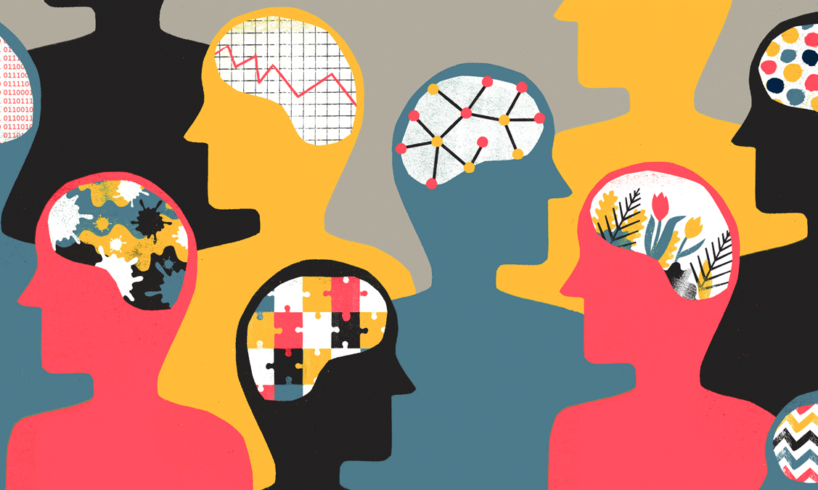
Mental health is a state of wellness where we realize our potential and remain productive while handling normal stress factors. We enjoy mental well-being when we have good relationships with other people and can talk openly about how we feel.
We already know the physical benefits of exercising including weight control, high energy levels, and low blood pressure. There is also a close connection between physical exercise and mental health. From boosting mood to maintaining sharp memory, workouts are great for the brain just as they are for our bodies.
How Much Exercise Do We Need For Mental Health
Adults should dedicate at least 30 minutes of physical activity every day. The intensity can range from moderate to intensive. People sometimes opt to go to a service like Hire Fitness to get a hold of machines to help them with this. It is advisable to combine shorter sessions (say 10-15 minutes) with longer sessions. Often, we need the motivation to keep up with workout routines. It is easier to find support in local community centers that provide affordable exercise programs. Some health insurance policies come with gym membership plans as part of mental health care. When alone, we can try activities that are more enjoyable or call friends and family to join us. Combining exercise with a healthy diet is crucial in boosting our brain functions. Let’s find out the impacts of exercising on our mental health.
Mood Boost
Moderate to high-intensity activities contribute to the release of vital chemicals known as endogenous opioids. There are three groups of hormones in the endogenous opioid system namely endorphins, enkephalins, and dynorphin. They contribute to physiological functions like inducing euphoria, stress resilience, appetite control, pain relief, etc. These aspects improve our mood which is necessary for suppressing depressive symptoms. The other process that boosts our mood through physical activity is thermogenesis. It refers to the release of heat energy in the body which is connected to a great sense of relaxation. That is why we enjoy tension-free periods after walking or jogging around. On the contrary, inactivity makes us moody and demotivated. But we feel more awake when we work up a sweat.
Better Sleep
Exercise helps with a good night’s sleep and that’s why doctors advise us to have a workout plan every day. When our body temperature increases, the mind enjoys a calming effect and more shuteye. We should use exercises a few hours before bedtime to regulate our circadian rhythm. This is the internal biological clock that dictates time to sleep or wake up.
Low Stress Levels
We often go through threatening situations that upset our defense against stress response. These can leave us with a myriad of unpleasant feelings, and we may start behaving differently. Emotions become intense; we lose appetite and endure inconsistent sleep patterns. When we physically exert ourselves, our brain releases neurotransmitters and happy hormones including dopamine, serotonin, and norepinephrine. Physical activities also stimulate endorphins: chemical messengers that help to relieve stress and pain. High levels of these brain chemicals give a sense of wellbeing and happiness. They could also have a positive impact on our appetites and sleep cycle thereby curbing the effects of depression, isolation, and loneliness.
Good MemoryThere is a huge population of elderly people living with dementia and cognitive decline. These conditions are characterized by loss of memory. Physical activity has been shown to improve attention and concentration in older people. It has also been highlighted as a protective practice in case studies examining the risk factors of dementia. For patients with dementia, exercise can help to suppress further decline in cognitive ability.
Improved Self-EsteemAside from the positive impact on our physical health, workouts can improve how we perceive ourselves. High self-worth is a positive indicator of mental wellness and the ability to handle stress. This is very true in elderly people, young adults, teenagers, and children. Focusing on our body movements distracts us from upsetting thoughts. Physical stimulation can also boost our confidence and sense of control.
The many benefits of working out should get us tying up our shoelaces and head outdoors to exercise. Having a well-sculpted body is good but mental wellbeing is paramount. We should change our perception of physical activity as a routine and start looking at it from a psychological point of view. Staying active is not simply going to the gym. We can get physically trained in the garden or cleaning up our homes.








